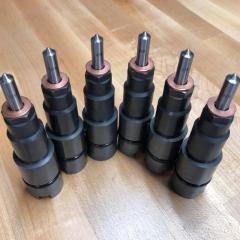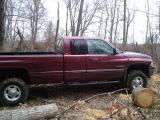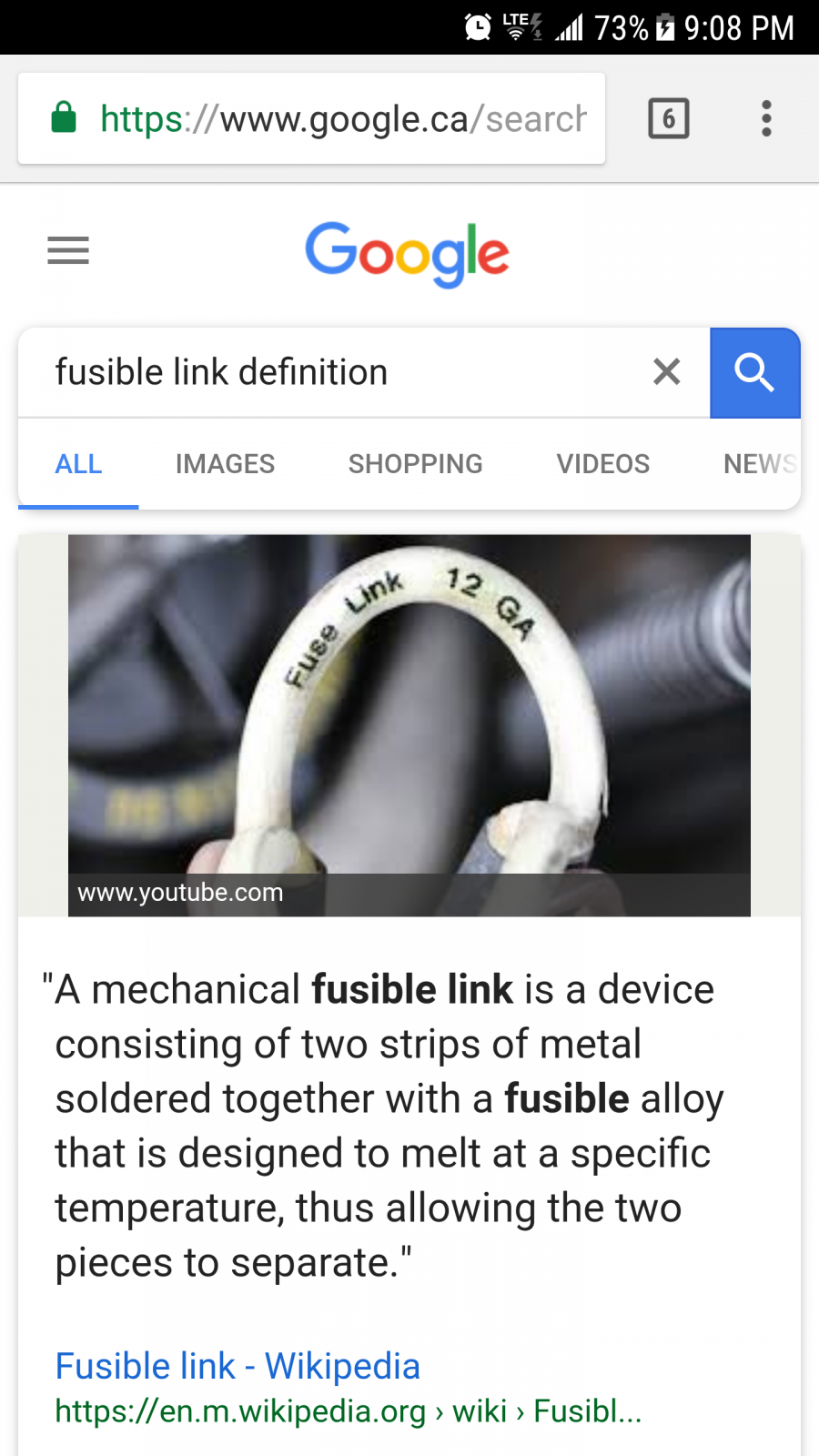- Replies 16
- Views 5.3k
- Created
- Last Reply
Top Posters In This Topic
-
Mopar1973Man 5 posts
-
notlimah 5 posts
-
kzimmer 2 posts
-
CTcummins24V 1 post
Popular Days
Most Popular Posts
-
I'm 90% sure the fusible link for our heater grids is pure copper. Not two alloys. AKA an under sized wire that will vaporize in the event of a short circuit, just like I said. The only thing that's s






Yea, I think so lol
Not sure if it was a loose connection or what but I'll be ordering a new one. Sad part is this was replaced less then a year ago so unless it was really a loss connection (aka my fault) kinda sucks but I'll talk to Genos and see what they can work with me on.
Theres no fuses I need to check right?
Needless to say, check your connections often or use lock washers lol![]()